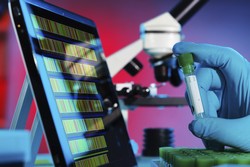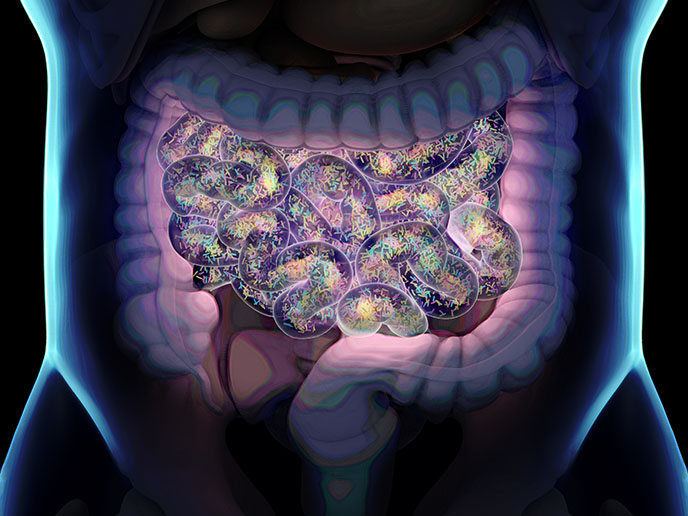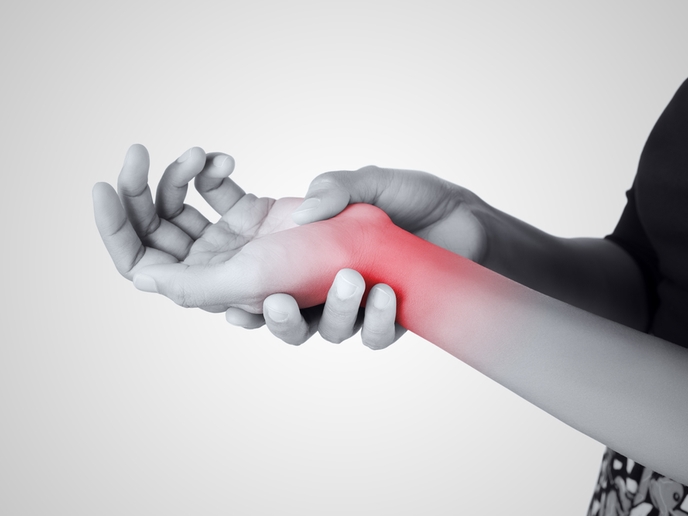Translational approach to sex development and gender assignment
DSDs are a group of rare conditions affecting the reproductive system. Although not life-threatening, DSDs lead to an enormous disturbance among healthcare providers, the affected and their families, with a great impact on quality of life. The EU-funded EURODSD(opens in new window) (Investigation of the molecular pathogenesis and pathophysiology of disorders of sex development (DSD)) project has identified disease-relevant biochemical, genetic and functional profiles to improve existing diagnosis. The focus was on finding new markers, both in steroidogenesis and in genetics to explain the natural course of these disorders. A unique security-oriented patient registry using pseudoanonymised patient data with an associated communication platform supporting interactions and data sharing between clinical centres and researchers was created. This so-called "virtual research environment" approach has been replicated by several other collaborative projects on rare diseases. The DSDGeneChip was developed to assess 36 genes known to be involved in gonad development as well as hormone synthesis and action. Protocols devised during the development of the GeneChip can be applied in next-generation sequencing approaches to rapidly target and sequence multiple genes involved in DSD. Epigenetic studies revealed highly significant differences in methylation patterns between controls and patients with androgen insensitivity, a group of DSD patients where defective androgen action hinders male development. These results point towards a significant influence of sex hormones on gene methylation and, hence, gene expression that define differences between the sexes. Using chromatography and spectrometry techniques, EURODSD scientists succeeded in quantifying several different steroids in blood plasma and urine. Reference intervals were defined for different age groups for a variety of diseases. The importance of timing for androgen action modulation and creation of different phenotypes was highlighted. EURODSD-developed methods hold the potential to lead to a more sensitive, accurate, fast and effective diagnosis of DSDs. Enhanced knowledge on the natural development of DSD and androgen action promise better decision-making in gender assignment and therapeutic approaches to DSD.







